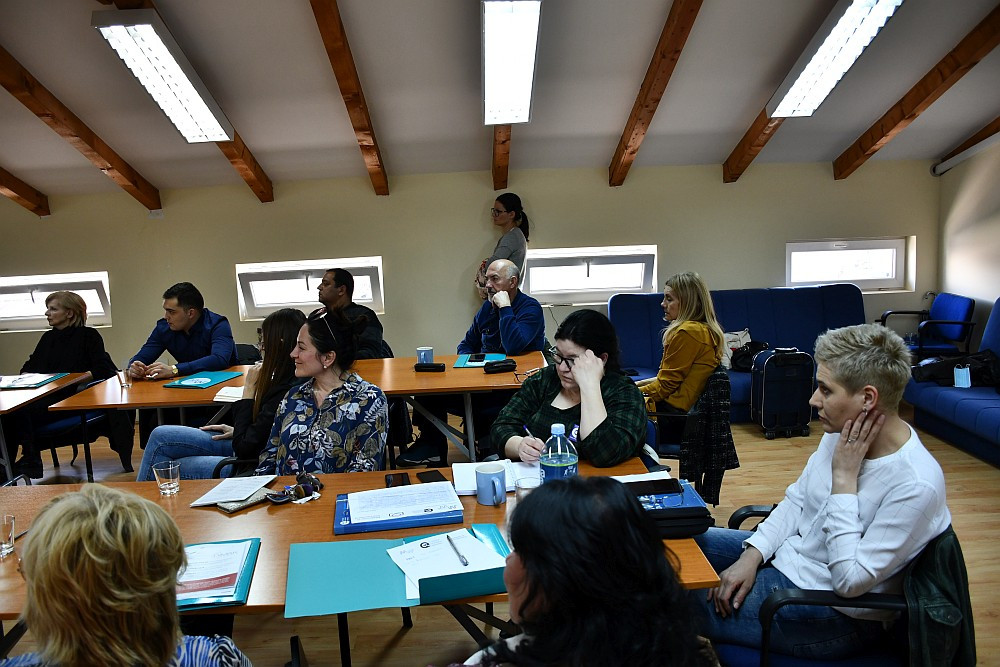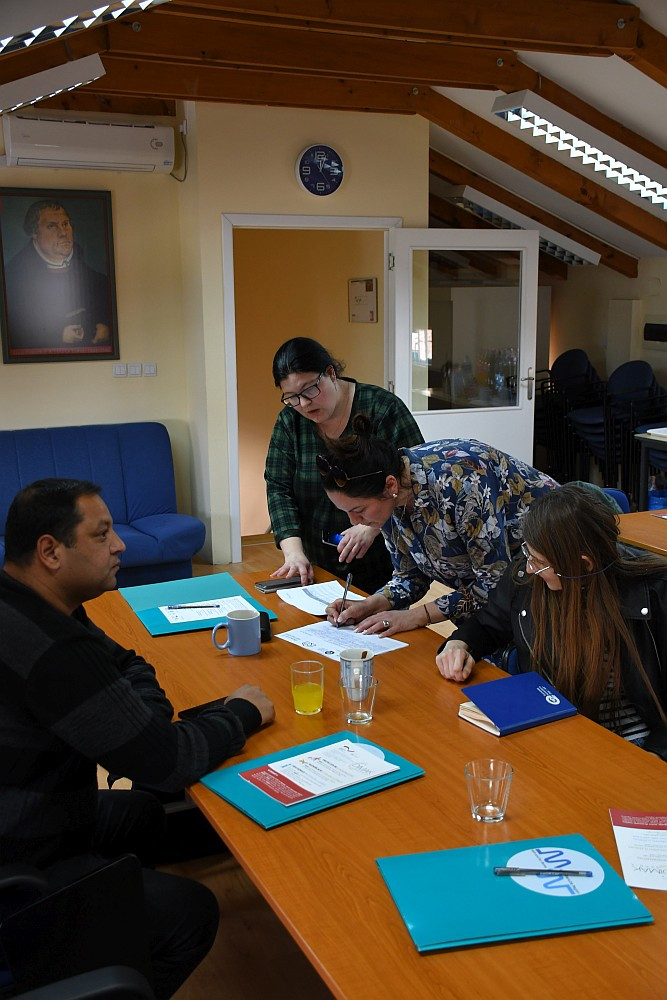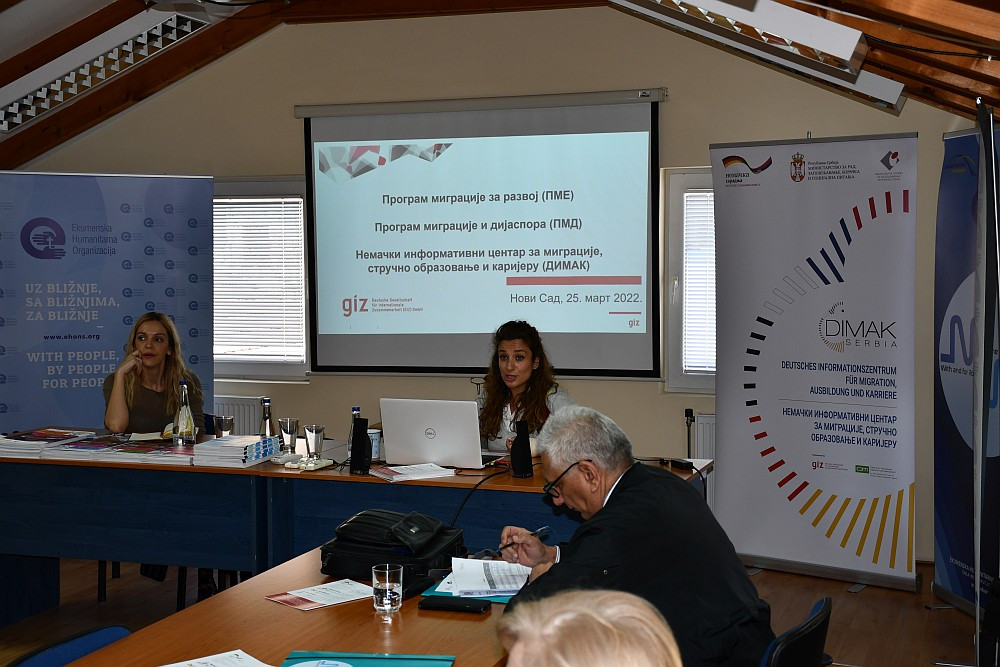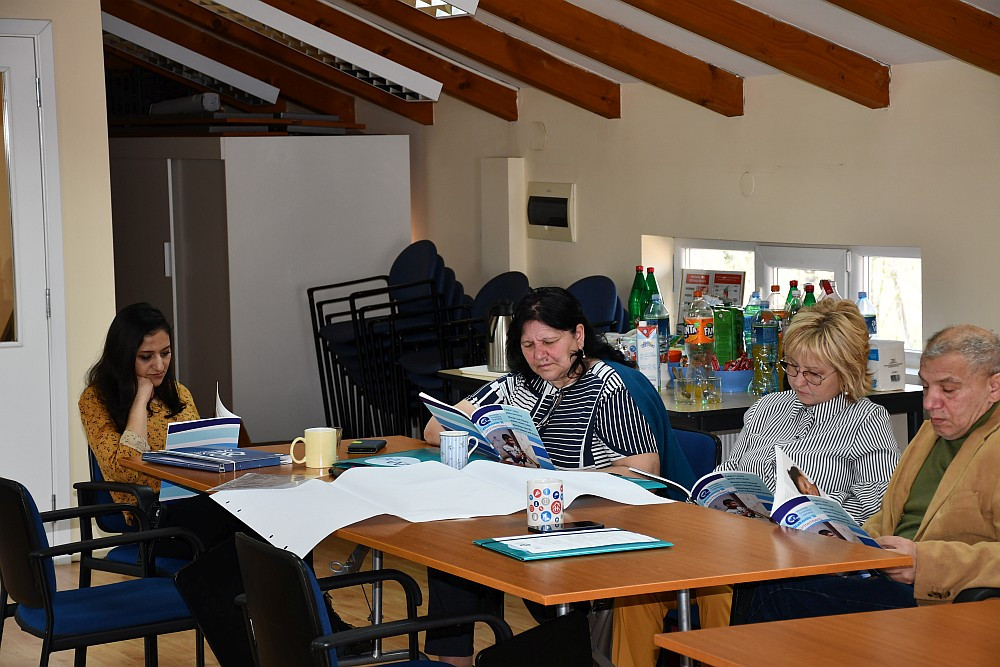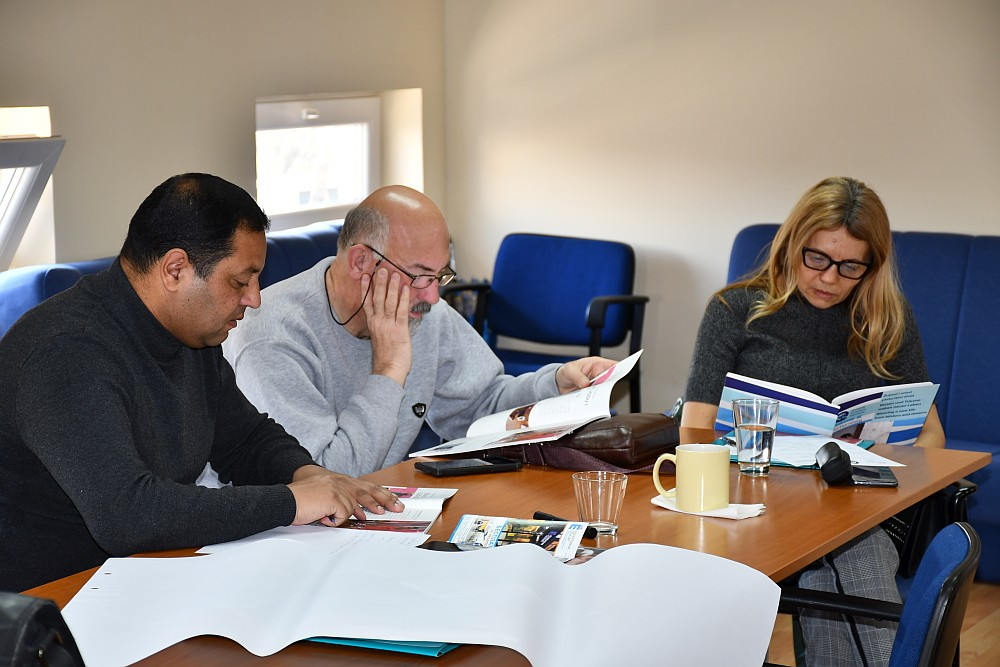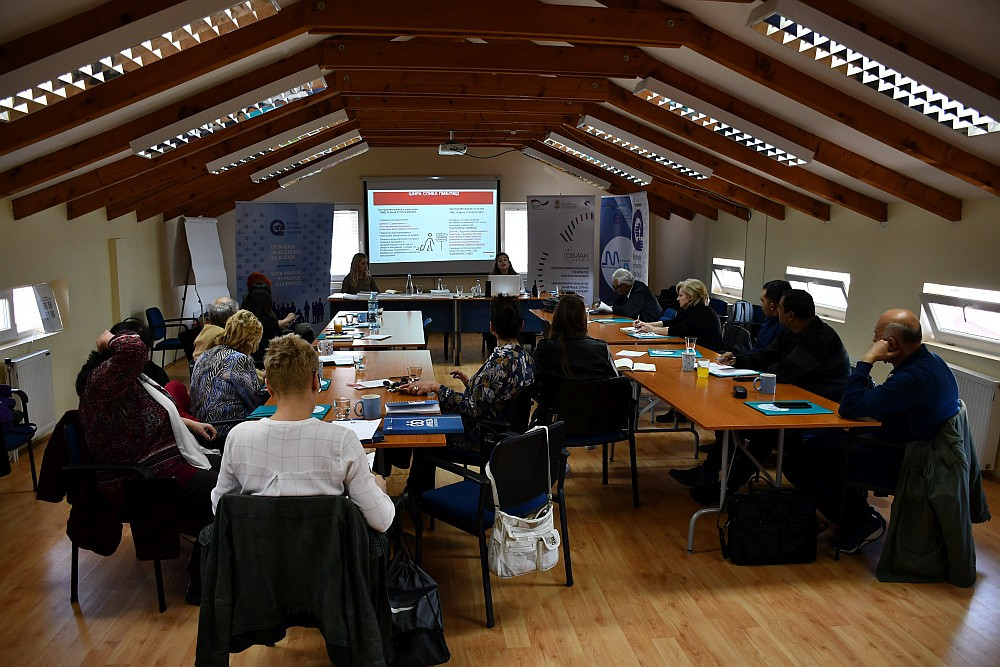Information Rights on Legal Migration Options and Illegal Migation Consequences
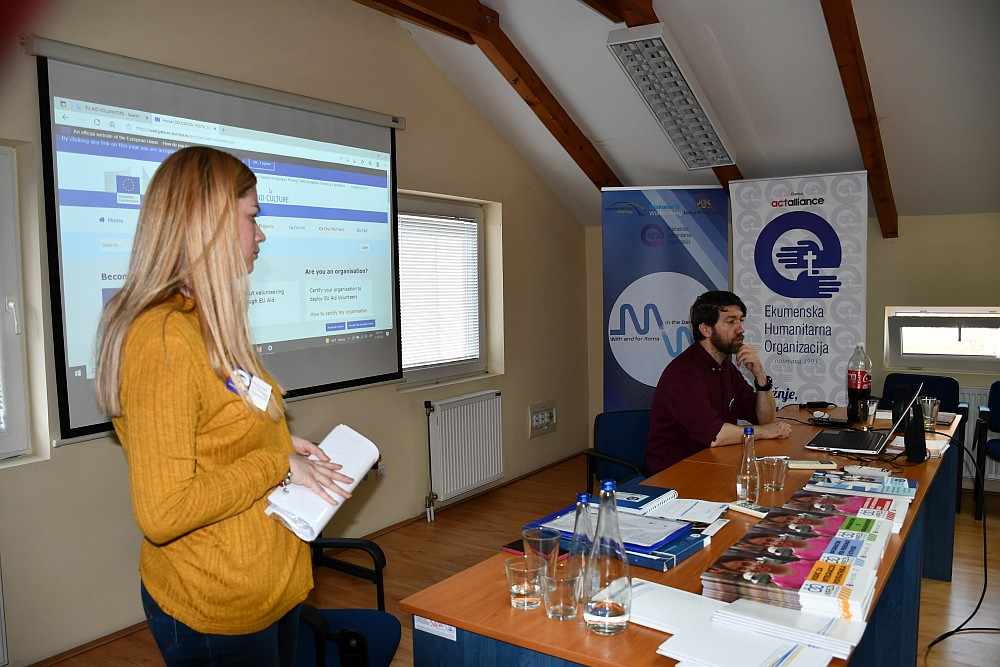
29. Mar 2022.
“Information Rights on Legal Migration Options and Illegal Migation Consequences“ was the topic of the training held by the Ecumenical Humanitarian Organization on March 25-26, 2022 in Novi Sad.
The Republic of Serbia strives to increase the regularity of migration flows, having in mind the needs of its citizens on the one hand, ie respect for universal human rights and freedoms in the context of migration movements, on the other hand. The agreement reached on migration at the global level envisages the establishment of a framework for safe, orderly, regular migration in order to regulate global governance and coordination on international migration.
Given that in the previous period a large number of our citizens sought asylum in Western Europe, mostly in the Federal Republic of Germany, where their applications were mostly rejected due to non-compliance with basic criteria, we faced the needs and problems of returnee families under the Readmission Agreement.
In this regard, the Ecumenical Humanitarian Organization within the project "With Roma and for them in the Danube region", organized training with the primary goal of exchanging accurate information about retraining programs and available courses in Serbia to increase employability. Also, at the training we touched on the importance of legal migration with special emphasis on members of the Roma population, in order to go to work and / or reunite the family, but also the risk of illegal migration.
The lecturers were representatives of the German Information Center for Migration, Vocational Education and Career, i Edukacionog centra za obuke u profesionalnim i radnim veštinama including the EHO project team.
Members of the Network for Integration from the territory of AP Vojvodina, Roma coordinators, Roma activists and Roma pedagogical assistants participated.
The project is implemented by the Ecumenical Humanitarian Organization (EHO) in cooperation with the Diocese of Württemberg from Germany and with partners from the Evangelical Academy Sibiu from Romania and the Diaconia from Slovakia.
The project was made possible by the financial support of the State Ministry of Baden-Württemberg and the European Strategy for the Danube Region (EUSDR). This macro-regional strategy aims to strengthen co-operation between the Danube countries and includes nine EU member states: Bulgaria, Germany, Croatia, Austria, the Czech Republic, Hungary, Romania, Slovakia and Slovenia. Outside the EU, it includes Serbia, Bosnia and Herzegovina, Montenegro, the Republic of Moldova and Ukraine.
